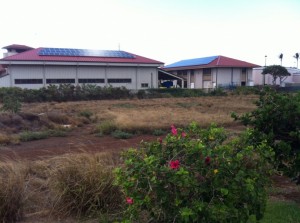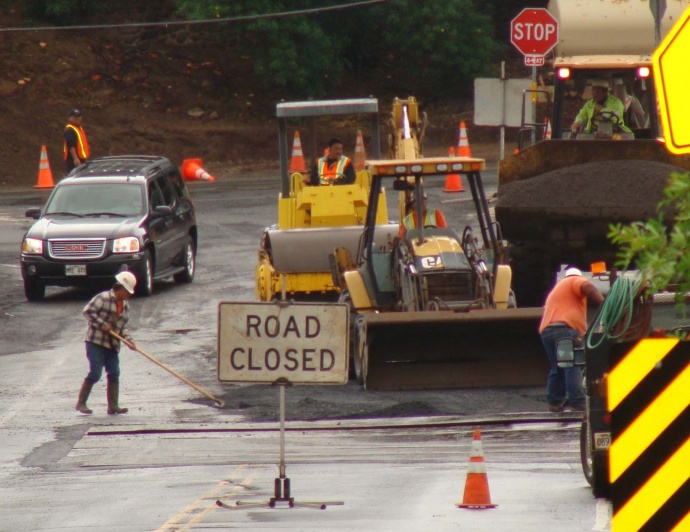Ask the Mayor: Prioritizing Roadwork; Home Solar “Ceiling”
By Mayor Alan Arakawa
Dear Mayor,
Q: Who makes the decision on which roads will get repaved? I noticed that Makani road in Makawao was repaved last year. However, in my estimation the whole length of Makani Road at its worst was in better shape than 500 feet of any of these roads in Haiku: Kaupakalua, W. Kuiaha and Kokomo. These roads are full of holes and are dangerous for drivers. County crews will fill the holes but by the end of the day, the filling is gone again. These roads need to be repaved properly, soon.
A: The County Department of Public Works, Engineering Division, utilizes specialized software to help assess and prioritize the county-maintained roads that need repaving. Our annual funding for road resurfacing is further spread out amongst all the districts annually. Additionally, about 70 miles of our roadways are eligible for federal funding, and those roads are also prioritized to keep the $6-10 million a year in federal funding coming back to Maui County. Makani Road was federally eligible, but Kaupakalua, West Kuiaha, and Kokomo are not. The good news is portions of Kaupakalua are getting repaved this year, West Kuiaha next year, and Kokomo is right behind them.
Dear Mayor,
Q: Why is there a “ceiling” on the number of homes within each community/subdivision that can go solar? People may have the money to install photovoltaic (PV), but my understanding is if they live in a subdivision that is already maxed out, they can’t go forward with the installation.

Solar panels on the Kahului fire station, in an effort to reduce electricity costs for the county. File photo by Anne Rillero.
A: The county’s role with regard to residential solar systems is to issue electrical permits and inspect the work for code compliance. The county does not have a “ceiling” on the number of electrical permits it will issue for solar systems. If you want to add solar PV to your home, you are faced with the question of how to provide backup power. If you want to have MECO as your backup power system, your system will be considered “interconnected” to MECO’s system, and Public Utility Commission (PUC) Rule 14H will apply. Rule 14H requires the utility to screen for issues that could affect reliability. Currently, residences on Maui installing average-sized systems (up to 10kW) can draw up to 75% of the daytime load from PV before a formal interconnection study is required to add more PV. This is a significant step forward, compared to MECO’s circuit penetration levels a few years ago.
Dear Mayor,
Q: I heard the flood bulletins that went out last week when we had all that rain. What’s the difference between a ‘watch,’ a ‘warning’ and an ‘advisory’?
A: The Maui County Civil Defense Agency works closely with the National Weather Service (NWS) Forecast Office in Honolulu, and other agencies such as the Tsunami Warning Center of the Pacific, to issue weather and emergency-related bulletins. In general, a ‘watch’ is issued to allow time to prepare for weather threats that are anticipated but have not arrived yet. ‘Warnings’ are issued when a threat is occurring or imminent, and immediate action is needed to protect life and property. ‘Advisories’ are issued when weather conditions may impact our lives in ways that are not a direct threat to life and property, but ignoring them may lead to hazardous conditions. For flood-related bulletins, the NWS issues three types of area-specific notices: 1) ‘flash flood watch’: Heavy rain leading to flash flooding is possible; 2) ‘flash flood warning’: Flooding is occurring or will develop quickly; take shelter and/or move to high ground; and 3) ‘flood advisory’: Nuisance flooding is occurring or imminent.
County of Maui:
Want to Ask the Mayor?
Submit your questions about County of Maui programs, services, operations or policies to Mayor Alan Arakawa via email: [email protected], phone: 270-7855 or mail: 200 S. High Street, 9th Floor, Wailuku, Hawaii 96793. Questions submitted will be considered for inclusion in the “Ask the Mayor” column.











